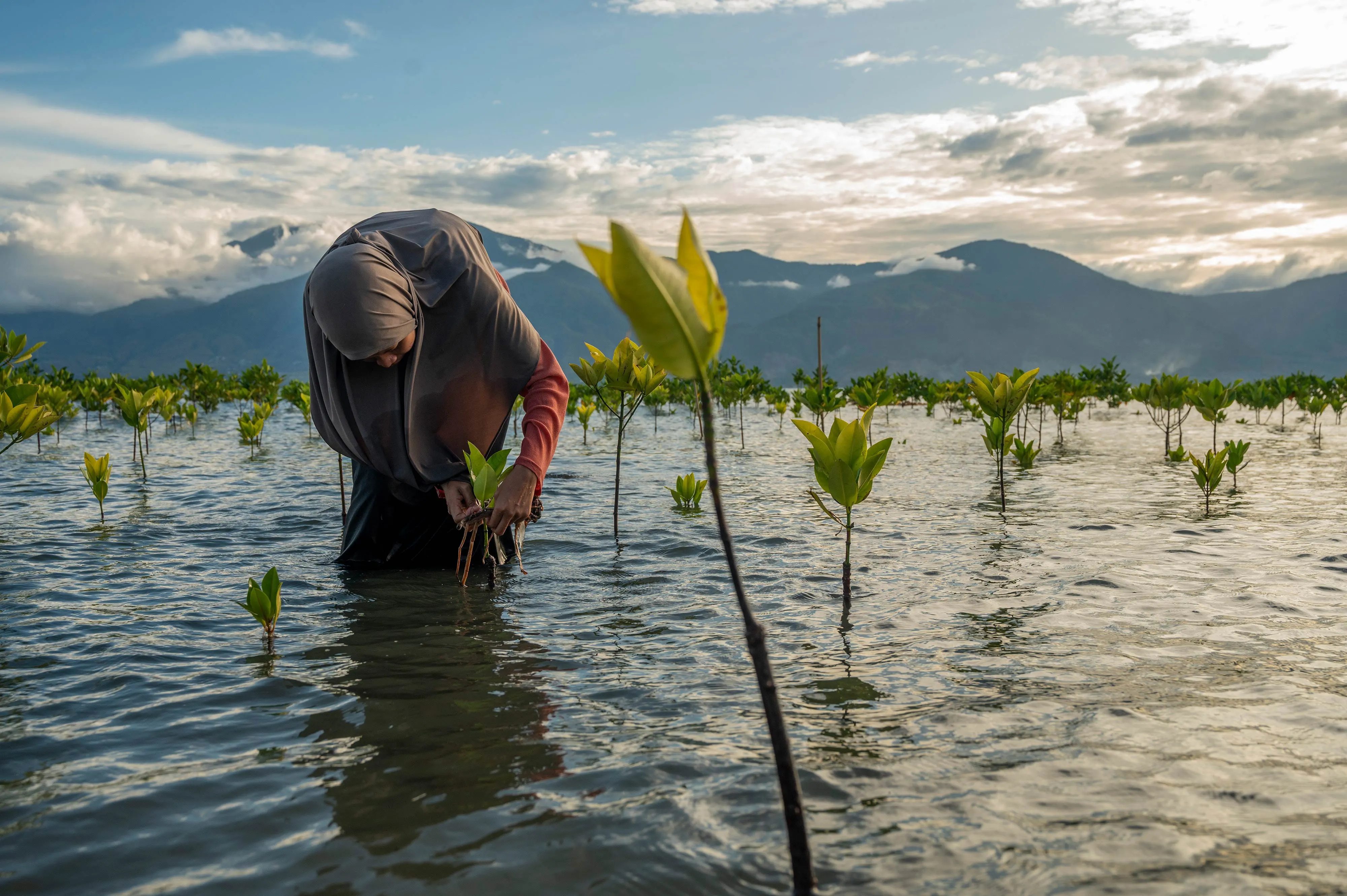Indigenous Peoples and Local Communities Must Lead the Way to a Just Energy Transition

- Author: Darren Walker, Joan Carling
- Full Title: Indigenous Peoples and Local Communities Must Lead the Way to a Just Energy Transition
- Category: articles
- Document Tags: #planet
- URL: https://www.fordfoundation.org/news-and-stories/stories/indigenous-peoples-and-local-communities-must-lead-the-way-to-a-just-energy-transition/
Highlights
- When explosions coordinated by Rio Tinto, one of the world’s biggest mining companies, destroyed a 46,000-year-old Aboriginal rock shelter in Australia, Indigenous leaders took on the multinational corporation—and won. The Puutu Kunti Kurrama and Pinikura peoples argued that Rio Tinto never should have attempted to build an iron ore mine in the hillside of Juukan Gorge, a deeply significant site for their communities inhabited since the Ice Age. Facing pressure from shareholders, parliamentary, and scrutiny from environmental and human rights activists like the London Mining Network, Rio Tinto apologized, paid restitution, ousted three senior leaders and two board members, and vowed to prioritize Aboriginal leaders as partners moving forward. (View Highlight)
- The ongoing relationship between Rio Tinto and Aboriginal leaders is still far from perfect, but a new arrangement, which includes both compensation and consultation, represents a modicum of progress. It is an acknowledgment that companies can no longer disregard the respective rights and voices of local, Indigenous, and Afro-descendant tribal communities in tackling the most urgent business and environmental challenges. (View Highlight)
- Meaningful collaboration requires reckoning with centuries of exploitation and well-earned distrust. Governments, colonizers, and corporations have long claimed Indigenous land as effectively terra nullius, disregarding treaty rights and extracting resources with scant regard for the health of the land or the people who know it best. They drilled oil from sacred ground, razed ancient forests, and displaced entire communities, devastating generations of local and Indigenous populations and destroying ecosystems that stood as bulwarks against climate change. (View Highlight)
- Nearly 70% of transition mineral projects, which mine components for batteries and other renewable energy technologies, are located on or near Indigenous land. If the private sector fails to fundamentally shift its approach to resource extraction and management, the climate agenda is on a collision course with Indigenous rights (View Highlight)
- In Kenya, the pastoralist El Molo, Turkana, Samburu and Rendille communities successfully argued that their ancestral land had been unlawfully deeded for development, endangering their livelihoods and cultural heritage. And in the Philippines, Indigenous communities in Palawan won a cease-and-desist order against a mining company that failed to address their concerns that a new mine for nickel—an essential mineral for lithium-ion batteries—caused deforestation. (View Highlight)
